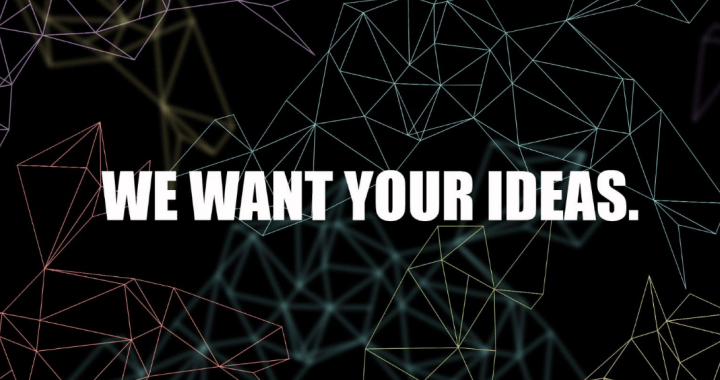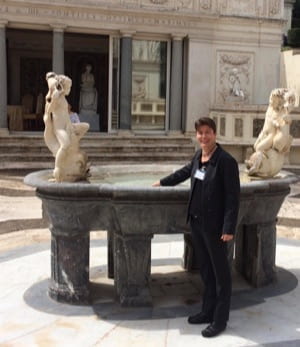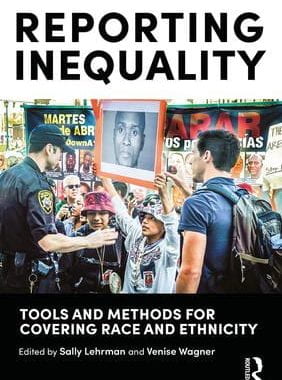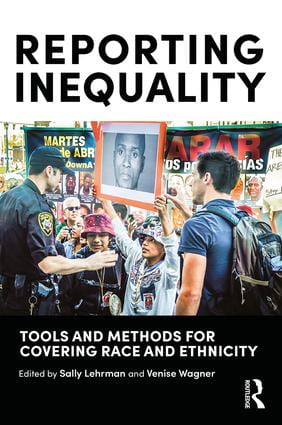Thursday, Friday & Saturday, November 21/22/23, 2019
All Day – check official website for more information; and read the GoodTimes article.
For two hundred years, Mary Shelley’s Frankenstein has haunted our days and chilled our dreaming nights. Delve into the enduring legacy of the first science-fiction horror story with FRANKENCON! Kicking off the three days is a back-to-back film screening on November 21 in downtown Santa Cruz, followed by a two-day conference of scientists, theorists, and artists, November 22-23, 2019 at UC Santa Cruz.
In the centuries since Mary Shelley first penned the novel, the lore and magic of Frankenstein has molded the modern genre of science fiction. With the explosive proliferation of golems, robots, monsters of artificial intelligence and genetically-engineered dinosaurs, Frankenstein and its cultural progeny have come to dominate cultural discussions about the ethics of science, the problems of modernity, the obligations of parents and children, the painful act of creation itself.
NEWS: following the conference article, “The Problem is Not Monsters” was published in the Journal of Science and Engineering Ethics on the impacts Mary Shelly’s Frankenstein has had on discussions of scientific ethics featuring the panelists.
November 21, 2019 Thursday
7PM & 8:30PM
FILM SCREENINGS: Frankenstein (1931) and Bride of Frankenstein (1935)
DNA’s Comedy Lab & Experimental Theatre (off-campus event)
155 S. River Street, Santa Cruz, CA 95060
Two back-to-back film screenings at 7PM and 8:30PM followed by a film talk + Q&A led by some of Santa Cruz’s biggest monster experts.
Panelists: Steve Palopoli (Good Times editor), Michael Chemers (UCSC Theater Arts), Renee Fox (UCSC Literature), Tad Leckman (UCSC Computational Media)
November 22, 2019 Friday
3PM – DARC 308
ROUNDTABLE DISCUSSION: The Legacy of Frankenstein
The conference opens with a discussion of the impact of Frankenstein on the last two centuries of literature, theater, film, and games.
Panelists: Marshall Leicester (Literature), micha cárdenas (AGPM), Renée Fox (Literature), Michael Chemers (Theater Arts)
7:30PM – MAINSTAGE THEATER
A performance of The Frankenstein Project, a feminist and biotechnology-fueled play adaptation of Frankenstein, written and directed by Kirsten Brandt. (Please note: attendance at the conference does not include tickets to the play.) BUY TICKETS TO THE PLAY.
AFTER THE PLAY – MAINSTAGE THEATER
Q&A with the cast and crew of The Frankenstein Project and conference participants.
November 23, 2019 Saturday
10AM – SECOND STAGE
Focus on Kiersten White
A conversation with New York Times bestselling author Kiersten White on the development of her novel, The Dark Descent of Elizabeth Frankenstein, with audience Q&A.
10:45-11:00AM BREAK
11AM – SECOND STAGE
ROUNDTABLE DISCUSSION: Science & Ethics
What is “mad science” and how do we guard ourselves against it? What has Frankenstein taught scientists and cultural critics about the dangers of science without conscience? Panelists: George Blumenthal (Astronomy & Astrophysics), David Haussler (Genomics Institute), Nandini Bhattacharya (Mathematics) and Jenny Reardon (Science & Justice Research Center).
12:45PM – 2PM BREAK
2PM – SECOND STAGE
CONFERENCE FOCUS: Jennifer Haley
A conversation with playwright and TV writer Jennifer Haley about the ways she combines technology and horror in her writing (The Nether, Hemlock Grove, Mindhunter), with audience Q&A.
3PM – SECOND STAGE
ROUNDTABLE DISCUSSION: Adapting Frankenstein
In this panel, three artistic creators discuss their relationship to Mary Shelley’s Frankenstein and the challenges/delights of reinterpreting its themes for modern audiences. Panelists: Kiersten White, Jennifer Haley, and Kirsten Brandt
5PM – DARC 308
Dessert reception for all guests and attendees!
Hosted By:
UCSC Theater Arts
Co-Sponsored By:
FrankenCon 2019 is presented by The Humanities Institute and The Division of the Arts at UC Santa Cruz, with the support of Porter College, Crown College, the Science & Justice Research Center, the Theater Arts Department, Oakes College, and the Department of Art & Design: Games & Playable Media; and with the generosity of our friends at DNA’s Comedy Lab & Experimental Theatre and Good Times Santa Cruz.
More information can be found at: https://frankencon.sites.ucsc.edu/.







